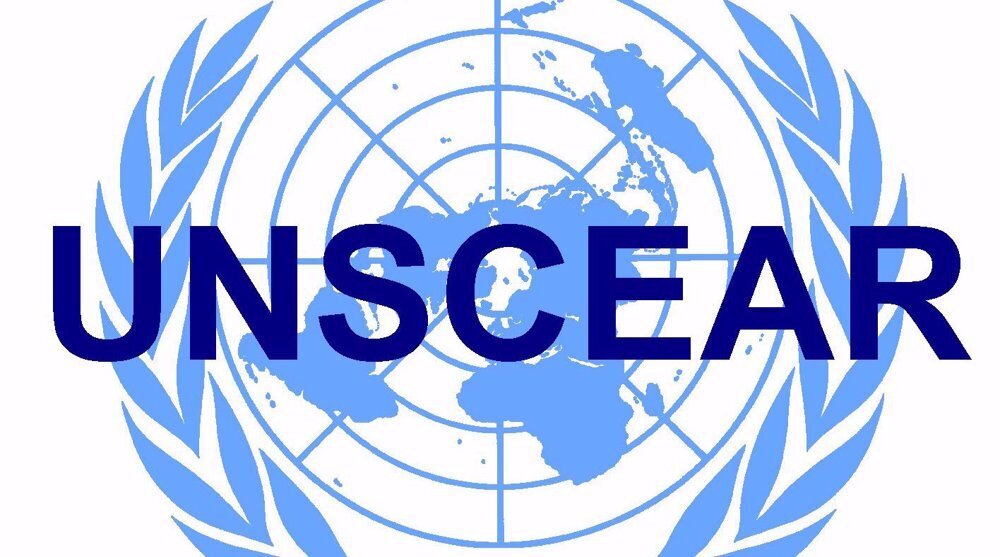UN okays Iran’s membership in atomic radiation committee

TEHRAN - The United Nations General Assembly on Friday approved Iran’s full membership in the UN Scientific Committee on the Effects of Atomic Radiation (UNSCEAR), Press TV reported.
Before obtaining full membership, Iran had observer status at the UNSCEAR.
Iran’s accession was first approved last month in the General Assembly’s Fourth Committee, despite opposition from the Israeli regime and the United States.
In addition to Iran, Norway, Algeria and the United Arab Emirates (UAE) also joined the UNSCEAR, increasing the number of the body’s permanent members from 27 to 31.
The UNSCEAR was set up by resolution of the General Assembly in 1955. Its mandate is to assess and report on the levels of and the effects of exposure to ionizing radiation.
A secretariat, located in Vienna and functionally linked to the UN Environment Program, organizes the annual sessions and manages the preparation of documents for the committee's scrutiny.
Iran has shown the peaceful nature of its nuclear program to the world by establishing the most transparent cooperation ever with the International Atomic Energy Agency (IAEA).
It signed the Joint Comprehensive Plan of Action with six world states — namely the U.S., Germany, France, Britain, Russia and China — in 2015.
The U.S. under former president Donald Trump, however, unilaterally quit the nuclear deal in May 2018 and re-instated unilateral sanctions against Tehran despite objections from the other signatories and the international community at large.
Following a year of strategic patience, Iran resorted to its legal rights stipulated in paragraph 36 of the JCPOA, which grants a party the right to suspend its contractual commitments in case of non-compliance by other signatories, and let go of some of the restrictions imposed on its nuclear energy program.
The new U.S. administration had said it wanted to compensate for Trump’s mistake and rejoin the deal, but it has shown an overriding propensity for maintaining the sanctions as a tool of pressure.
Tehran insists that all sanctions should first be lifted in a verifiable manner before the Islamic Republic reverses its remedial measures.
